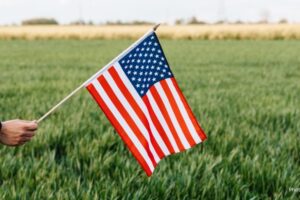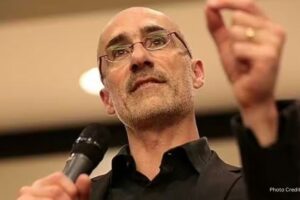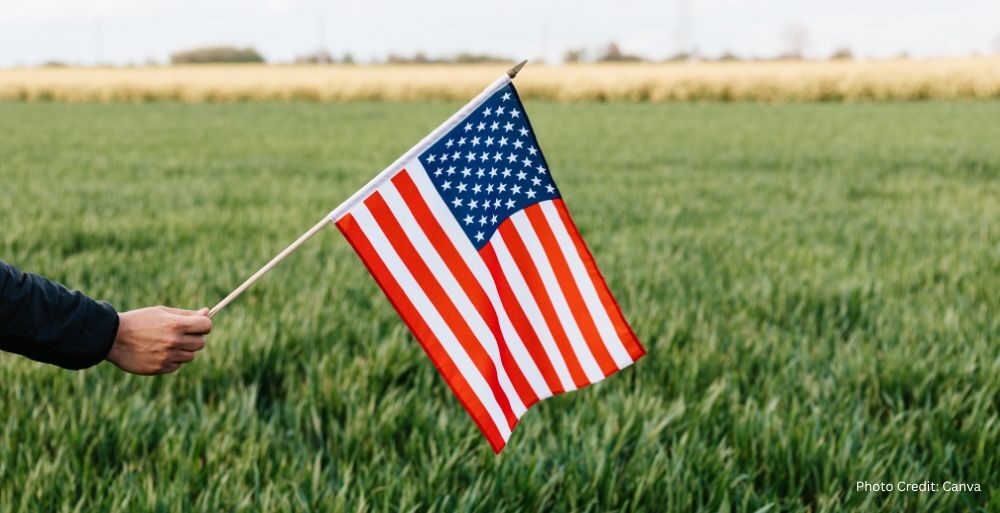Highway 99 in California’s Central Valley is always busy with freight trucks, and many of them are driven by turbaned Sikh men, their cabs decorated with religious symbols, portraits of Sikh Gurus, or Punjabi music posters. Sikhs, a minority community from India, play a major role in America’s trucking industry, transporting everything from fresh produce to timber across the country.
But a tragic accident in Florida has cast a shadow over this community, raising fears of racial harassment and stricter regulations.
There are around 750,000 Sikhs in the US, with nearly 150,000 working in trucking, according to the North American Punjabi Trucking Association (NAPTA). On the West Coast, about 40% of drivers are Sikh. Many of them bring years of driving experience but face challenges with limited English proficiency.
To meet stricter federal requirements, Sikh temples have begun offering free English classes to help drivers pass tests and keep their jobs. “Many drivers stayed home out of fear of the new rules, so we started classes to support them,” said Tejpaul Singh Bainiwal, a temple volunteer in Stockton, California.
The Florida Crash and Its Fallout
On 12 August, Harjinder Singh, an Indian-born truck driver, attempted a U-turn on the Florida Turnpike and collided with a minivan, killing three people. Authorities allege he entered the US illegally in 2018, failed an English proficiency exam, and still managed to obtain a commercial driver’s licence in California.
He now faces manslaughter and vehicular homicide charges in Florida and has been denied bail. Following the crash, US authorities temporarily paused issuing new work visas for foreign truck drivers.
Since then, Sikh drivers have reported increased harassment at truck stops and on highways. “Drivers are being targeted, ridiculed, and even called racial slurs,” said trucking company owner Gurpratap Singh Sandhu, whose cousin was harassed in Florida despite being a US citizen. Many Sikh drivers are now avoiding states like Florida, Alabama, and Arkansas due to immigration raids and safety concerns.
Rising Concerns About Hate and Safety
Civil rights advocates warn that one man’s mistake should not be used to demonize an entire community. “This was a tragic event, but targeting Sikhs collectively is dangerous,” said Arjun Sethi, law professor at George Washington University. He pointed to the 2012 Wisconsin Sikh Temple shooting as a reminder of how hate-fueled rhetoric can lead to violence.
The FBI’s 2024 hate crime statistics show Sikhs remain the third-most targeted religious group in the US, behind Jews and Muslims. After the crash, US Special Envoy Richard Grenell met Sikh leaders in Sacramento, condemning attacks on Sikhs as “un-American.”
Community Response: Learning in Sacred Spaces
In Stockton, Sikh leaders like Raman Singh Dhillon of NAPTA are pushing for better regulation of truck licensing and formal English-learning support. Temples are stepping in to fill the gap with volunteer-led classes such as “English4Truckers.” The program teaches drivers practical communication skills—from reading road signs to ordering food or calling 911.
For many, these efforts are paying off. Harpreet Singh, a 38-year-old driver, said the classes boosted his confidence: “I now understand highway signs that used to confuse me. I feel safer on the road.”
As the trucking industry faces a looming driver shortage, community leaders warn that discrimination and fear will only worsen the crisis. Instead, they call for policies that balance safety with inclusion, ensuring that Sikh drivers—who were once hailed as heroes during the pandemic—are not unfairly stigmatized.















